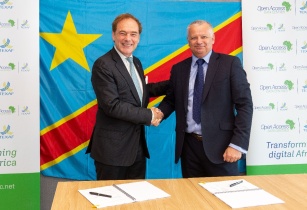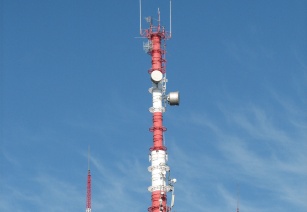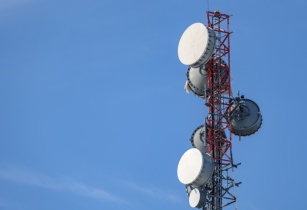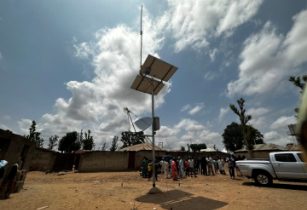As the mobile is the dominant form of telecommunications in Côte dIvoire, the country is set to welcome a better coverage in some parts
A recent report from research and consultancy company BuddeComm on telecommunications in Côte d‘Ivoire notes that the country’s fixed internet and broadband sectors have remained underdeveloped. This may not be a major surprise in a continent where mobile dominates, of course.
Henry Lancaster senior analyst for Africa with BuddeComm and also lead analyst on the report, explains that, in this case, it is largely the legacy of underinvestment in fixed-line infrastructure. “In addition,” he said, “the incumbent telco Orange CI had a monopoly on access to cables serving the country, and so the pricing for services to most end users was prohibitive.”
That said, the situation began to change after the landing of the Africa Coast to Europe (ACE) cable in 2012, while MTN’s involvement in the West Africa Cable System (WACS) also improved international bandwidth.
Also, MainOne, in September 2019, completed a spur line to its submarine cable running from Lisbon to Cameroon. This spur line is connected directly to a data centre built next to MainOne’s landing station at Abidjan.
As Lancaster points out, “There is always scope for new cables, particularly since MainOne links to partner networks covering inland countries (such as Burkina Faso). The greater the capacity, the lower the wholesale cost for backhaul. Admittedly,” he adds, “this mainly benefits costs for mobile backhaul; the mobile sector accounts for 99% or so of all voice and data traffic. However,” he says, “competition among the cable providers, coupled with improved bandwidth, has enabled operators such as Vivendi to invest in fibre broadband, believing that there is a business case – affordable access – for fibre in some urban areas. This would not have been viable without the additional bandwidth made available during the last three years.”
As Lancaster has noted, mobile usage is more widespread in Côte d’Ivoire – but it isn’t yet universal. Mobile penetration is dependent on the technology platform as well as the provider. The important dynamic is population coverage, rather than geographic coverage.
Read more on out latest issue of Communications Africa!



































